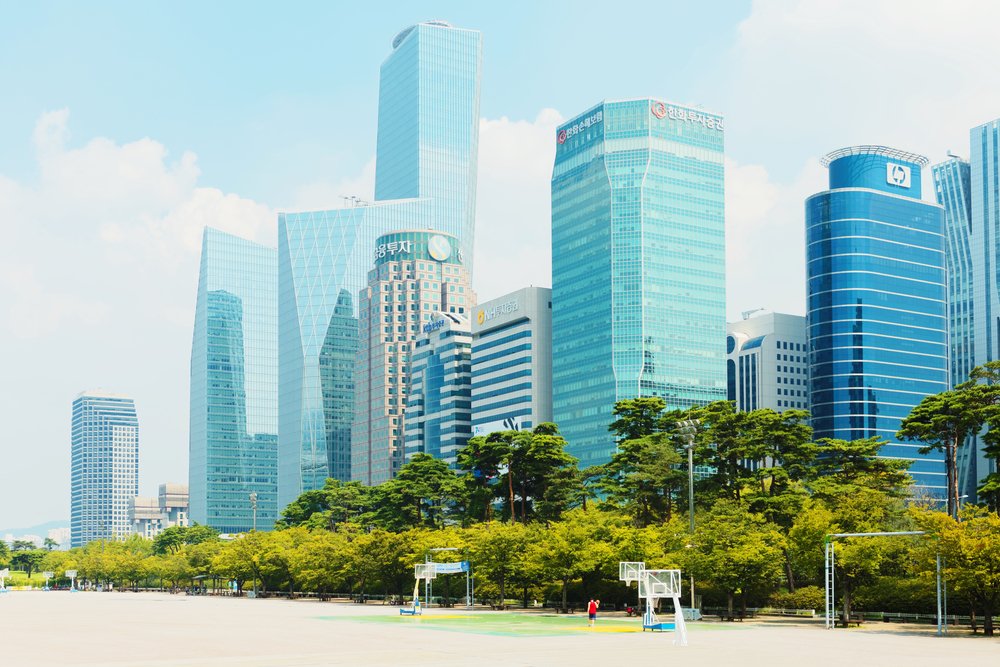The South Korean government has continued to tighten its regulatory grip on the country’s cryptocurrency market, and this time, it’s going after banks directly. Government officials plan to conduct on-site inspections of 6 major Korean banks throughout the week to ensure that regulations for virtual accounts are being properly followed. These inspections are the latest development in a series of moves by South Korea’s government to curb cryptocurrency investment by cracking down on illegal practices such as fraud and money laundering.
Big Brother Knocks on Big Banking’s Door
As originally reported by Yonhap News Agency, South Korean financial officials will conduct inspections of six of the country’s largest banks in the coming week. The officials will be probing virtual accounts (accounts generally associated with cryptocurrency trading) to ensure that they comply with federal mandates and are not involved in illegal practices like money laundering.
Reportedly, the country’s Financial Intelligence Unit and the Financial Supervisory Service will oversee the joint investigations. Of the banks on their radar, four (Woori, Kookmin, Shinhan, and NongHyup) are South Korea’s largest private banks, while the remaining two (the Industrial Bank of Korea and the Korea Development Bank) are state-managed.
According to an official with the Financial Services Commission, the probes will specifically target virtual accounts with which the banks manage funds using Korean cryptocurrency exchanges.
Yonhap reports that as of December, there are approximately 111 cryptocurrency-related accounts linked to the banks, with a cumulative total of 2 trillion won (~US$1.8 billion) in deposits. Each of these accounts is estimated to have branched off into a million virtual accounts for individual investors.
The checks will ascertain whether or not each bank has taken the proper precautions to ensure that these accounts have not been used for money laundering.
Korean Officials Continue Cracking Down
These steps are in line with the South Korean government’s painstaking march to properly regulate cryptocurrencies by curtailing investment mania and malicious market practices.
The Korean cryptocurrency market is one of the largest in the world, and a recent survey indicates that as much as 31% of the entire South Korean population could be invested in cryptocurrencies. As such, the South Korean government has taken it upon itself to establish a regulatory framework to protect its citizens from this volatile and previously unregulated market. A slew of proposals back in December of 2017 included bans on trading accounts for minors and foreigners.
Recently, the government revealed that it would ban anonymous trading accounts in an effort to limit money laundering and market fraud. As detailed by the Yonhap report on the upcoming bank inspections, the ban on anonymous accounts will coincide with a ban on virtual accounts in an effort to encourage the use of real-name bank accounts for deposits and withdrawals to cryptocurrency exchanges.
The South Korean government has been adamant that it does not view cryptocurrencies as traditional assets or legal forms of tender. Even in light of regulatory efforts, “[the] government had warned several times that virtual coins cannot play a role as actual currency and could result in high losses due to excessive volatility,” a spokesperson noted in an official statement.

